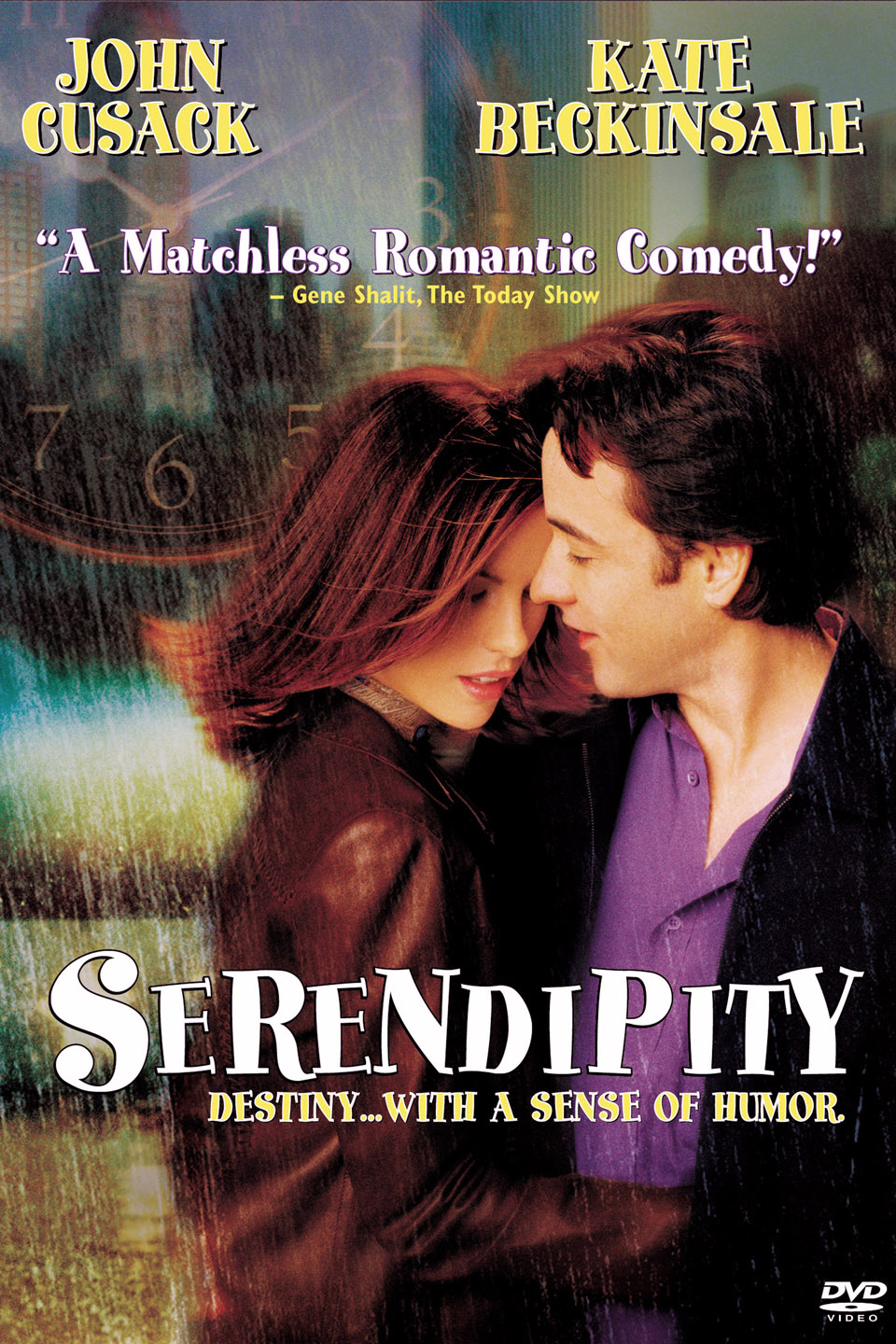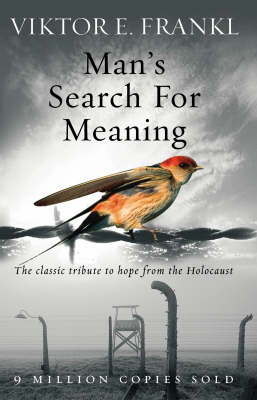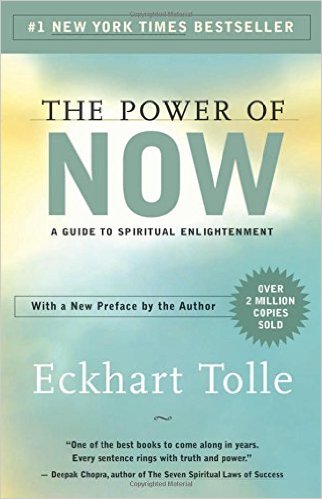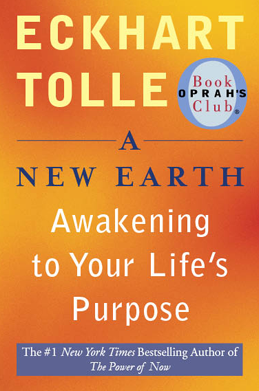|
home | what's new | other sites | contact | about |
||||||
|
Word Gems exploring self-realization, sacred personhood, and full humanity
Editor's 1-Minute Essay: Experience
return to "Experience" main-page
The following represents a distillation of Dr. Adler's Syntopicon Essay, Experience, plus my own thoughts:
etymology experience (v.) 1530s, "to test, try, learn by practical trial or proof;" experience (n.) late 14c., "observation as the source of knowledge; actual observation; an event which has affected one," from Old French esperience "experiment, proof, experience" (13c.), from Latin experientia "a trial, proof, experiment; knowledge gained by repeated trials." Adler: “Experience is regarded as a source of knowledge. It is also spoken of as containing what is known. Sometimes it is identified with sense-perception; sometimes it involves more – memory and the activity of the imagination. Sometimes it includes thoughts, feelings, and desires, as well, all the contents of consciousness, every phase of mental or psychic life… “There are still other divisions of experience: intuitive or aesthetic experience, religious … and mystical experience.” "Expertness" is etymologically related to “experience.” An “expert” is one possessing skill and competence originating from experience, a source of knowledge having been tested and tried.
the central issue Thinkers, ancient and modern, agree that experience gives rise to knowledge; however, as we learn from Adler: “The basic issue … turns on whether [experience] is the source or only a source [of knowledge].”
Kant sorts it out “The British Empiricists were correct, in that, knowledge does arise from experience; however, it is a mistake to assume that just because knowledge arises from experience that it is grounded in experience.” Kant (paraphrased)
'arises from but not grounded in': content vs. structure In other articles we’ve considered Kant’s monumental insight and contribution to the question concerning experience as origin of knowledge. Philosophers going back to Aristotle have spoken of the “tabula rasa,” the mind as “blank slate,” which, like hot wax, awaits experiential impression from incoming raw sensory data. While there is a small element of truth to this view – “knowledge arises from experience” - the larger issue, by far, becomes that of the mind itself imposing structure upon the raw data - “knowledge is not grounded in experience.”
Anticipating Kant, Leibnitz (co-creator of calculus with Newton) agrees and disagrees with the Empiricists.
The following derives from the lectures of Dr. Daniel Robinson as he comments on Leibnitz: The British Empiricist John Locke's famous essay – popularizing concepts from Aristotle - was widely understood to assert that "mind" is nothing but a collection of current and stored experiences held together as a result of habitual encounters with objects in the external world.
the mind is empty - but for the intellect itself Leibnitz takes Locke to be saying that nothing is in the mind at all but that which was first in the senses; however, he offers the rationalist answer to Empiricism, that, yes, nothing is in the intellect that was not first in the senses - except the intellect itself. Unless there is in place an organizing, self-reflecting power - the intellect - then, experience and its blizzard of discordant sensory data would count as nothing. Leibnitz claims that knowledge is not just a haphazard collection of facts pulled together to form elementary ideas to then form larger ones. He argues further that perception is inexplicable on mechanical/material grounds. As a model of the mind, he asks us to consider a machine that can think, feel, and have perception; make it large enough to walk in and look around. We might see moving parts (brain cells) but, says Leibnitz, "never anything by which to explain a perception"; never an idea to be seen, never a color, none of the things that we say the mind contains. This will be true, says Leibnitz, however complex the machine is made. Among all the gears and moving parts of the machine, an idea will not be found. In a letter to De Volder, Leibnitz states: “Considering the matter carefully, we must say that [intrinsically] there is nothing in things but simple substances [i.e. elements], and in them, perception and appetition [or, appetite, i.e. we see what we want to see]. Matter and motion are not substances or things [in themselves] as much as they are the phenomena of perceivers, the reality of which is situated in the harmony of the perceivers with themselves (at different times) and with other perceivers.” The bodies of the natural world ought be considered 'intentional' objects in that they are objects about which we have certain beliefs or pre-suppositions."
What is the greatest, the most important experience? Most of us, I venture to say, would answer, the greatest experience has to be that of love, especially, romantic love. Few would argue; however, there is small problem: no true love can exist in Leibnitz's "harmony of the perceivers with themselves" unless and until one first comes alive. The typical John-and-Mary romance of this world is not love in any meaningful sense – but only "appetition," egoic needing and wanting seeking to mask the symptoms of its existential emptiness; merely animal-spirits on parade fulfilling the call of species-perpetuation. It is the love that “has a nasty habit of disappearing overnight,” as Lennon and McCartney wrote. Those residing in the “hell” of lower-levels of consciousness, of baseline awareness fraught with fear and guilt, will never experience the celestial sweetness of authentic romance, that is, until they wake up. Wake up to what? – to their own sense of divine personhood “made in the image,” the sacred “true self” deep within. Kant, as he is wont to do, instructs us regarding runic mystery, but in his characteristic, excruciatingly erudite manner.
Kant's “transcendental apperception,” commonly known as “finding oneself” – one’s true self – is the greatest and most important of all experiences We need to come alive in order to have a life. This seemingly needless tautology, a stating of the obvious, defends itself against a nearly universal ignorance of the most elemental and necessary facts for eternal happiness. Editor's note: "Apperception" is not a common word. Gottfried Wilhelm Leibniz (1646-1716) coined the term (from the German apperzeption). He did so within the context of his “monads,” which he said are building blocks of reality, a “self-sufficient indivisible simple substance.” There are four different kinds of monads, Leibniz postulated, with God as the supreme monad, followed by humans, animals, and other items of the world. All these have a degree of perception, but God (and humans) enjoy a higher grade, an “apperception,” which is self-consciousness (that is, the One who describes himself as the great “I Am”); further, he asserted, God demonstrates absolute apperception and appetition (this latter becomes a desire directed towards a specific purpose. See the youtube lectures of physicist Dr. Frederico Faggin, inventor of the first computer microchip in 1971, who sees Leibniz’s “monads” as a starting point to explain that Consciousness, not matter, forms the elemental essence of all reality. The appetition of Universal Consciousness is to know itself which, as Dr. Faggin puts forward, is the driving force of evolution in the cosmos). "Apperception" is the mental apprehension of the difference between "self" and "not self"; as such it constitutes a self-aware or conscious perception, lacking in the lower animals. It is the mind cogitating its own states of being and awareness. Dr. Daniel Robinson: without apperception, experience [Editor: or a thousand lives] avails nothing; the Self is different from the idea; content different from the knower.
Kant distinguishes between 'empirical' and 'transcendental apperception' Kant equates empirical apperception with a sense of self as a succession of inner states over time. “This consciousness of oneself is merely empirical and always mutable; it can give us no constant or enduring self in the flow of inner appearances.” For example, we learn new things; as such, we perceive that we advance in knowledge. This empirical ("observation") apperception of the self is changeable and might vary from day to day. But there is another part of us which we perceive as unchanging. Seniors frequently report: "I'm 80 years old but in my head I still feel 17!" Kant refers to such as the "pure" or "transcendental apperception" of self, an immutable, deeper background-awareness. "It is where the self and the world come together; the uniting and building of coherent consciousness out of different elementary inner experiences differing in both time and topic, but all belonging to self-consciousness." "To be experienced at all, the successive experiential data must be combined or held together in a unity of consciousness, which implies a unity of self, and this inner integration is as much an object of apperception, transcendental experience, as anything is. Therefore experience, both of the self and its objects, rests on acts of synthesis that, because they are the [pre]conditions of any experience, are not themselves experienced." What is this "unity of self"? - it is a panscopic sense of self injected into all experiential data, therefore, this "unity of self" survives all experience with objects in the world.
Lovers instinctively, and unguardedly, find themselves gushing, "I want to give myself to you!" But which part of the self will be offered as gift? "John and Mary" know only of Kant's "empirical" self. But this mutable gift has a very short shelf-life, constantly under threat as the "nasty habit of disappearing overnight." Twin-Soul love, forged in a crucible of great suffering, will yet come to know itself as "transcendental" offering, each for the other, lover and beloved. It corresponds to that imperishable, unchanging part of self - as enduring as the eternal soul from which it derives. There is, in fact, "a paradise" of love coming for all. The sense of romantic intimacy to be gained therein is far beyond that commonly experienced in our world. It cannot be acquired directly; as Viktor Frankl used the phrase, it cannot be pursued but might only ensue. The eternal romance will emerge as secondary property to something else.
the confusion of the "two selves" When John and Mary proffer their pledges of "I want to give myself to you," they usually do so in good faith. They believe that vows, good intentions, promises, and will-power will see them through. For most couples, however, the peak-thrill of union hardly lasts the first month; and for a great many, not even the honeymoon's duration. You were created to "give yourself" to only one particular lover; and unless this gift is of the true self, that transcendental aspect of self-perception, efforts and best intentions will come to naught. True love is not a function of will-power and choice; if it is meant to be, it flows naturally, inexorably, up from the depths, like an artesian spring (John 4), and cannot be stopped - not ever.
holding out for a better past Norma once shared with me her personal experiences with Twin-Soul love. "Two people can know each other for a long time," she said; "and they might be apart for years, but then, later in life, if they are Twins, their eyes might open to who they really are to each other - and then it will all be different." In their early years, during a time of spiritual immaturity, they will have interacted on a level of the "empirical self"; one or both might not have liked the other very much; there might have been a measure of negativity, or even much unkindness, adhering to their interactions. None of this will mean a thing in terms of sacred destiny. When eyes finally open, when the "transcendental self" finally asserts itself and comes into its own, it will be like a second birth; all things will be made new, and the past itself will be sanctified in the knowledge of prelude and preparation for God's decree for one's life, that which must yet come into eternal reality.
an encouragement for us all regarding the nature of experience Somewhere in the writings of Dr. Leslie Weatherhead, he lifts our spirits with a comment about the ultimate fruitfulness of all experience. There's not much justice or fairness in our world, evidenced in a myriad of ways. For example, a person might prepare diligently for a career, but then, due to corporate politics, fraudulent government, or the whim of an incompetent supervisor, be denied opportunity to work in his or her chosen field. We could list a hundred sordid examples here. But every particle of dedication and fortitude, Pastor Weatherhead asserts, will yet be blessed and allowed expression. Allow me share a very inspiring section from Dr. Frankl's "Man's Search For Meaning," and then I will offer a closing word.
One gasps at the beauty of Dr. Frankl's words of encouragement! And how vivid the picture - "my friends limping toward me to thank me"! Absolutely astounding is the wisdom and eloquence of his short talk; especially, considering the dire circumstances surrounding speaker and listeners. So many talented and good people died in those camps; so many who had so much to offer the world. From our perspective, it all appears to be tragic waste of human potential, irretrievably lost to the ethers. But Dr. Weatherhead and, indeed, a surfeit of afterlife testimonies, reveal a "promised land" wherein all of our latent abilities, yearnings, and intentions, will find profitable expression. There are thousands of different jobs and occupations on the other side - not for money, of course, but simply for the sheer enjoyment of being productive and honing one's talents; this, coupled with opportunities for service toward those less developed, will make for an exciting and meaningful life. Speaking of developing latent abilities, just recently I was reading in Father Benson his comments on how most everyone in Summerland has several educational, recreational, and service projects going at the same time; say, 10 or 15. We won't get tired over there, so there's no worry about that, we just work at our own pace; in fact, our minds will take on expanded powers. Listen to Father Benson here regarding our coming super-charged capacity for memory: Omar has friends on Earth, mutual friends, as a matter of fact. It became necessary for him to speak with those friends. At first he spoke no English, and they certainly knew no word of Chaldean. What was to be done? It was obvious from the outset that they couldn't learn Chaldean, but it was equally obvious that he could, with the greatest facility, learn the English language. He did so without the slightest inconvenience to himself. “You know what the memory can do here, Roger. Once something goes into the mind, there it stays. Why, Omar could learn any language well, so as to speak it fluently, while the Earth folk were thinking about it. Imagine that! - hearing or reading something just once and having it immediately and forever retrievable! Couple this fact with, as they say, our coming ability to learn new subjects at a rate, possibly, one-hundred times faster than the Earth-mode, and we begin to see how quickly we might advance and develop ourselves in terms of any subject conceivable! Imagine learning a musical instrument in pretty short order, and fulfilling a dream of playing in an orchestra for a concert! Father Benson says this is a common goal for many to be realized, given our then-augmented abilities.
latent abilities, for all of us, brought to the surface of personhood It's great fun to think about goals for that future time. I've already "staked my claim" to several subjects for study: mathematics, chemistry, physics, painting, philosophy, music composition and song writing, piano, guitar. (For some years I’ve wanted to study painting. I envision what I call a “great ideas gallery,” a series of symbolical and abstract representations of the great ideas of history. It seems that I will not be able to create any of this at the moment but will await opportunity in Summerland.) Imagine gaining a stellar competence, in any subject, in relatively short order - not years and years - that might supersede the brilliance of any master here on Earth! Is this not more than wonderful? Think of the vast treasure-house of knowledge, skill, and wisdom to be acquired, just for the asking and the taking! - talk about "kid in a candy shop."
enabling means Dr. Adler coined this phrase, useful to our purposes. We might presently have the interest and talent to credibly participate in various activities, but, so often in this world, almost for everyone, we will lack the "enabling means" to do so in a practical sense due to restrictions relating to finances, health, oppressive government, societal politics, and a host of other hindrances. All these roadblocks will be swept away in a moment when we cross over to Summerland.
"beam me over there, Scotty!" Concerning work, I think I'd like to volunteer for a tour of duty as a "missionary" in the Dark Realms, but also I'd like to prepare to teach at one of the universities. Elsewhere, I've mentioned that I hope to live on a small farm in the "country suburbs" of a university town. It doesn't really matter where one lives in Summerland as one can instantly transport oneself at the speed of thought. "Beam me over there, Scotty!" - no, really, it's true. It's all so wonderful to contemplate. I hope I've encouraged you to the same. To those wishing for access to the "transcendental self," I would recommend the advice of Eckhart Tolle:
|
||||||
|
|




